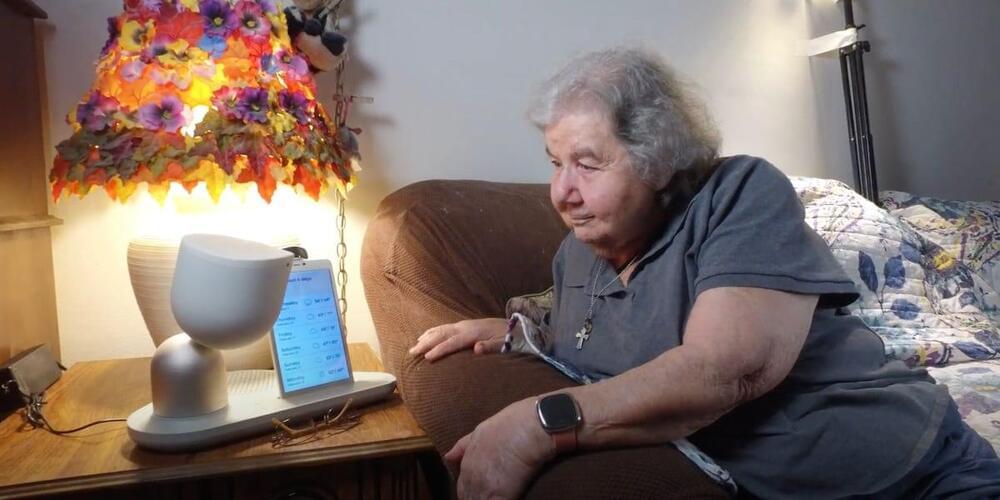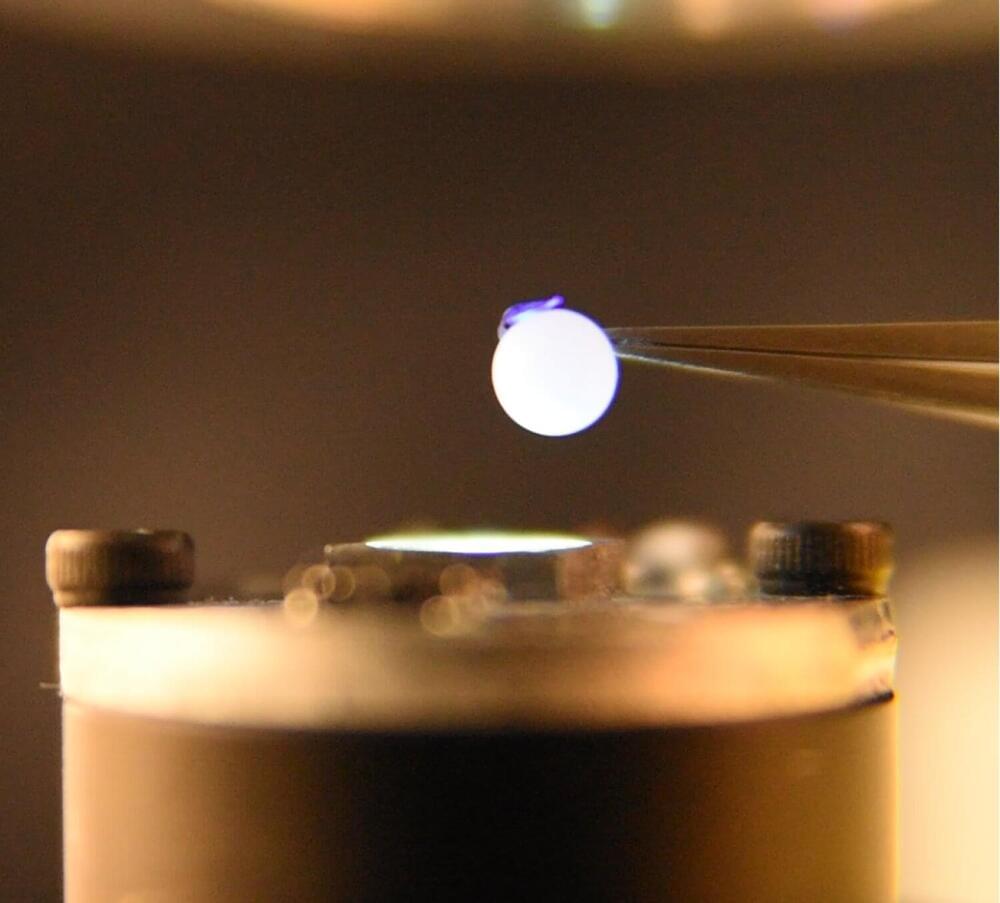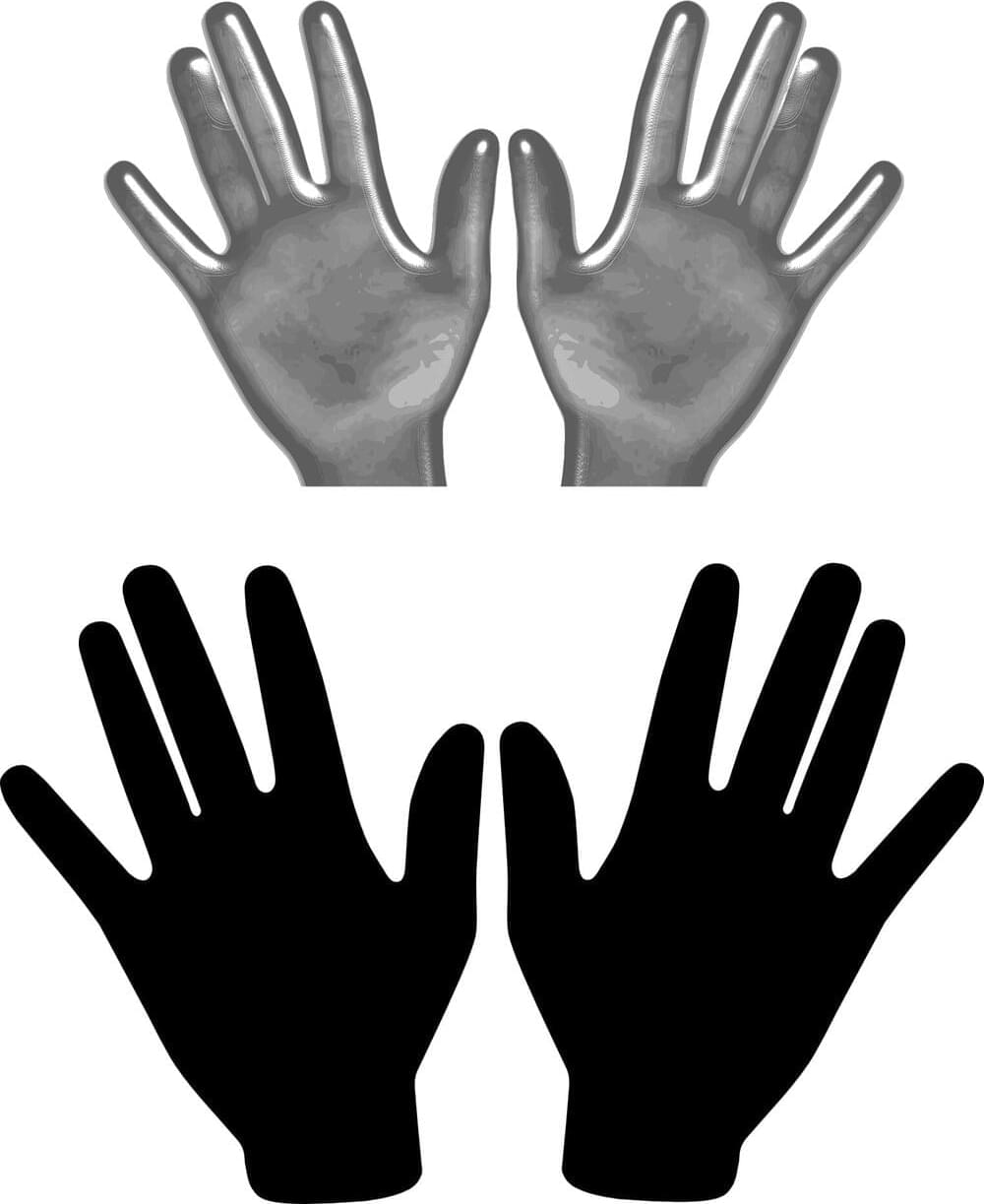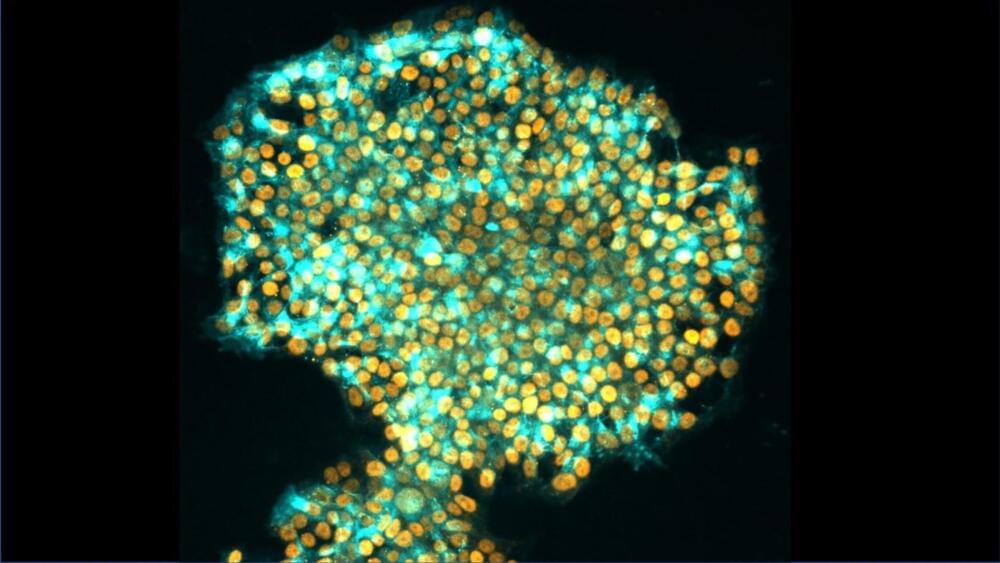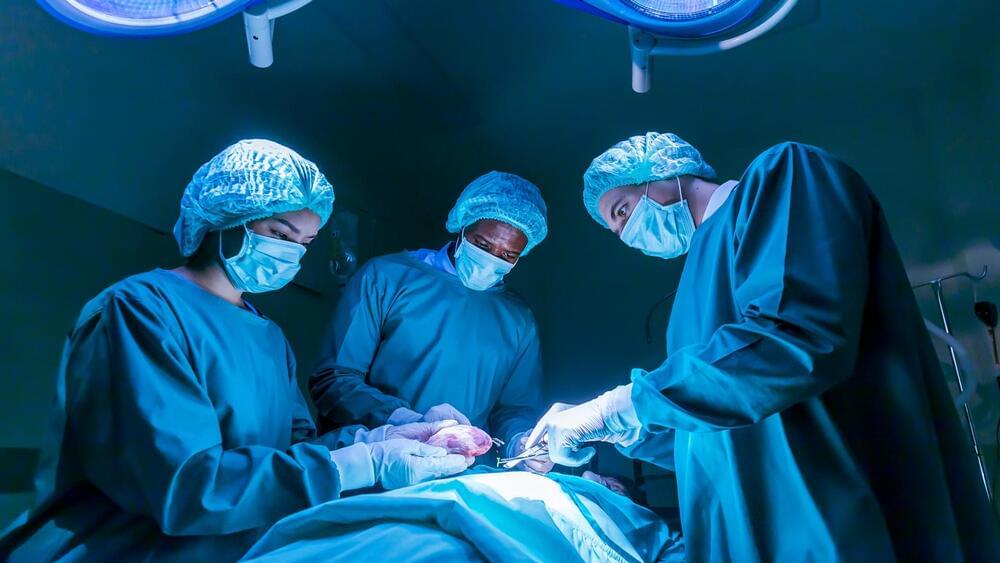The FDA on Friday approved Regeneron Pharmaceuticals’ Veopoz (pozelimab-bbfg), the first and only treatment indicated specifically for CHAPLE disease, also known as CD55-deficient protein-losing enteropathy, according to the company.
A fully human monoclonal antibody, Veopoz is approved for the treatment of adult and pediatric patients 1 year of age and older with CHAPLE, an ultra-rare hereditary disease that can cause potentially life-threatening gastrointestinal and cardiovascular symptoms.
- CHAPLE—which stands for complement hyperactivation, angiopathic thrombosis, and protein-losing enteropathy—is an inherited immune disease that causes the complement system (the part of your immune system that defends the body against injury and foreign invaders like bacteria and viruses) to become overactive.-FDA.
The regulator’s greenlight on Friday for Regeneron Pharmaceuticals’ monoclonal antibody Veopoz (pozelimab-bbfg) makes it the first and only treatment indicated for children and adults with CHAPLE disease.


